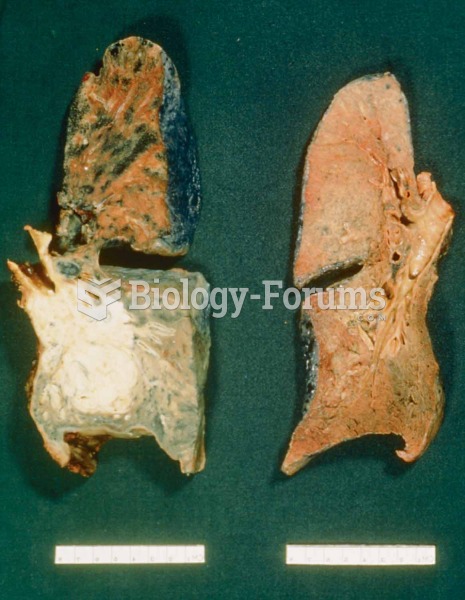|
|
|
Excessive alcohol use costs the country approximately $235 billion every year.
Malaria mortality rates are falling. Increased malaria prevention and control measures have greatly improved these rates. Since 2000, malaria mortality rates have fallen globally by 60% among all age groups, and by 65% among children under age 5.
More than 150,000 Americans killed by cardiovascular disease are younger than the age of 65 years.
When blood is deoxygenated and flowing back to the heart through the veins, it is dark reddish-blue in color. Blood in the arteries that is oxygenated and flowing out to the body is bright red. Whereas arterial blood comes out in spurts, venous blood flows.
Human kidneys will clean about 1 million gallons of blood in an average lifetime.







